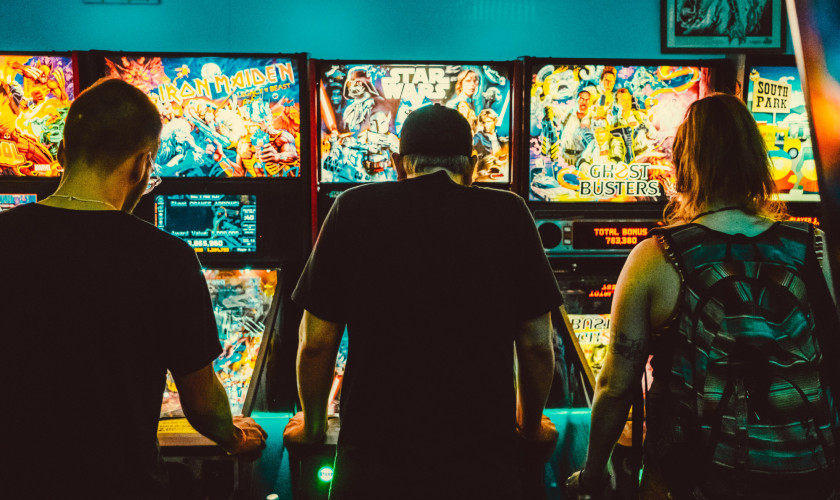The integration of gamification and video games in mental health interventions is rapidly expanding, yet our understanding of specific game features that promote mental wellness remains underdeveloped. This review aims to identify and analyze the key elements within therapeutic games, providing essential guidance for researchers, clinicians and developers seeking to create targeted gamified interventions for anxiety and depression. By establishing these connections, we can better select and design game-based approaches that maximize therapeutic outcomes.
This project provides students with valuable hands-on experience in conducting systematic literature reviews, applying rigorous research methodologies, and developing critical analytical skills to identify the core mechanisms that make these games effective interventions for anxiety and depression. Students will gain insight into the intersection of gaming technology and clinical trial interventions, preparing them for future contributions to this emerging therapeutic field.
In this context, the students will have the opportunity to broaden their knowledge in the field of clinical psychology and games for health. They will familiarize with game design, game mechanics, with the field of clinical trial studies using video game to benefit anxiety and depression, and the systematic literature review process, with AI tools, and write their report.
- The project runs from 30 August 2025 - 20 December 2025.
- Number of placements availabl: 2.
Prerequisites
- High level undergraduate student
- Minimum GPA 3.4
- Interest in experimental psychology, clinical psychology, human behavior and video game design.
- Knowledge of some of these fields of study preferred.
Faculty Department
Faculty of Educational Sciences and Psychology / Brain and Learning lab
A distinctive feature of the human brain is its capacity to learn and adapt to an ever-changing environment. What are the factors that promote such learning and brain plasticity? Are some parts of our nervous system more plastic than others, making some skills easier to acquire? Answers to these questions are central to basic science, education, clinical rehabilitation, and aging. To address these questions, our lab uses a multidisciplinary approach (behavior, brain imaging, eye tracking, vital statistics) to study how individuals learn and adapt after training. The lab is studying the impact of video games and more generally technology use on brain plasticity.

